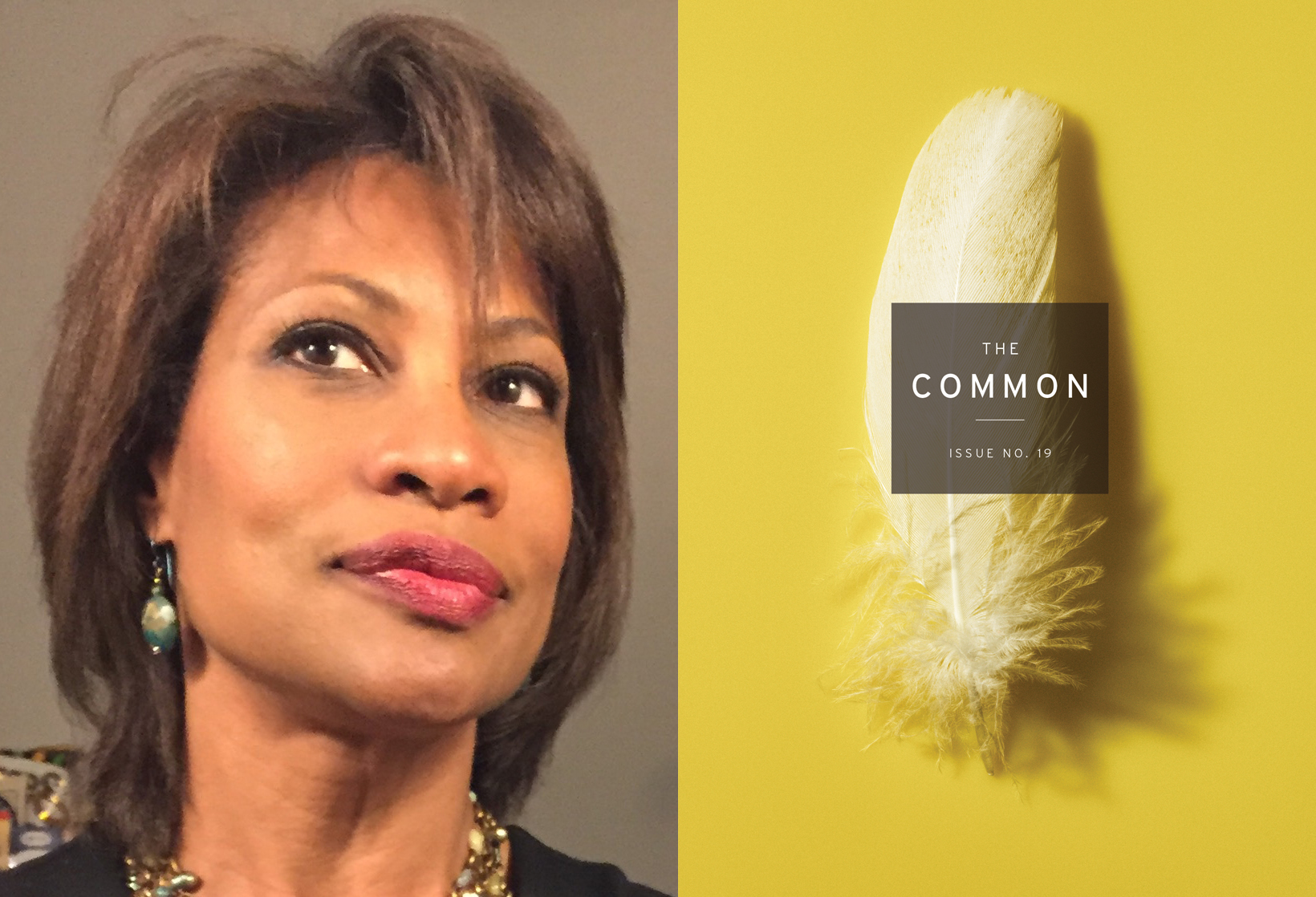By SARA ELKAMEL
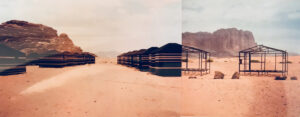
Tents in a Bedouin-style camp at the Wadi Rum desert in southern Jordan. Courtesy: Soraya Ghezelbash.
Wadi Rum, Jordan
for Yvonne
We pull the black of Rum over our eyes
like skin. God’s earth is vast, vast, vast—but by day
she wrapped her limbs around my limbs and drew
my air. I follow her into the dark, consider saying: Please,
I don’t know what you need—but all I see is red.
At the foot of the dunes I push her, soft as the sin
that tips the scale. I run away like a ghost, a demon, a silent drum
in the faultless dark. Not a quiver of light around my bones.
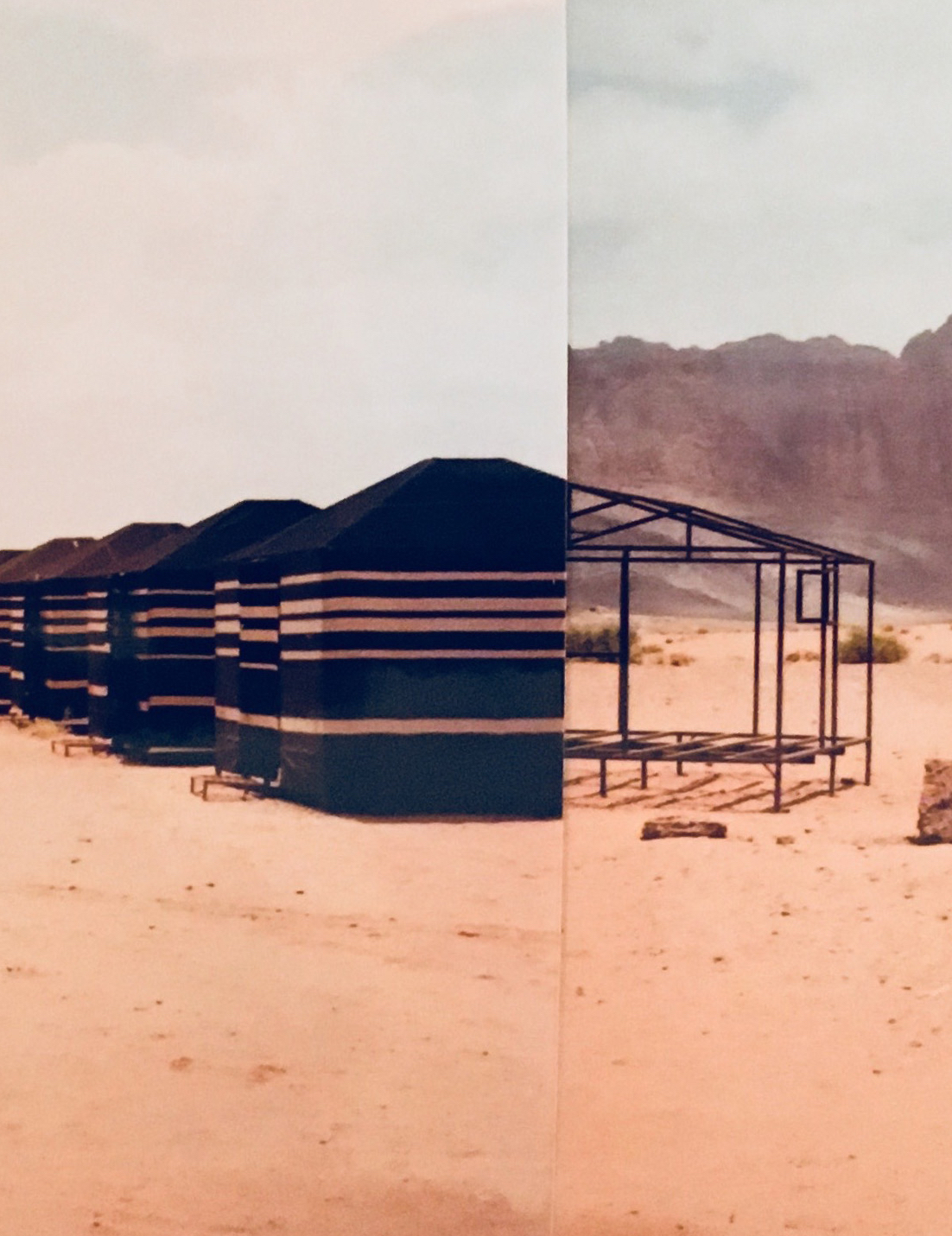
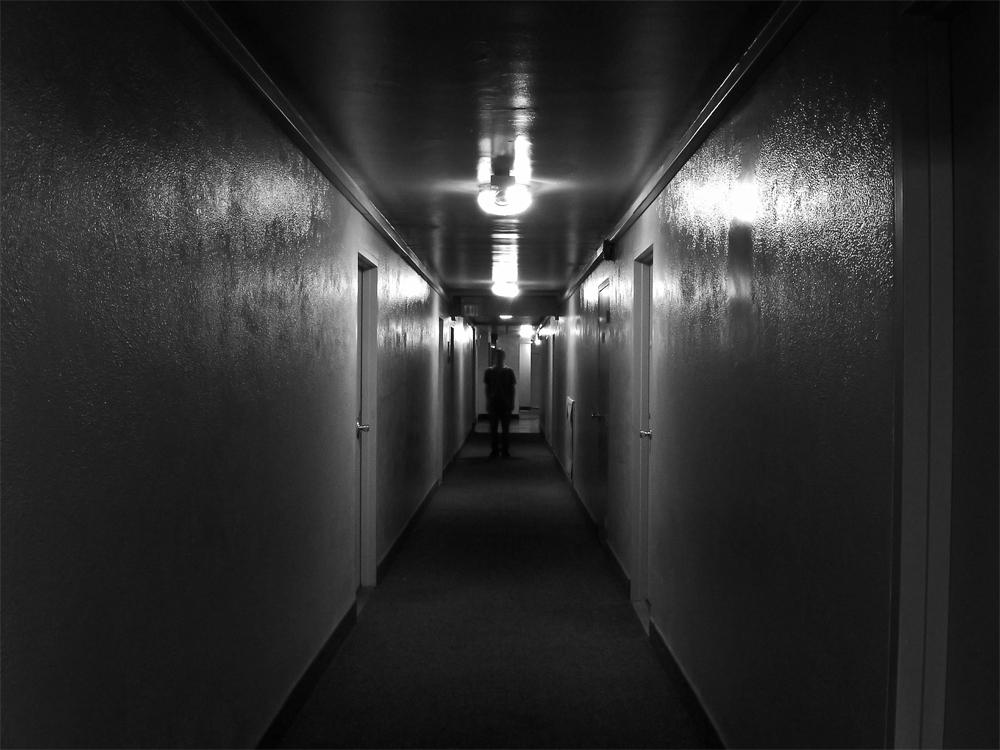
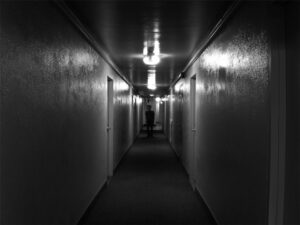
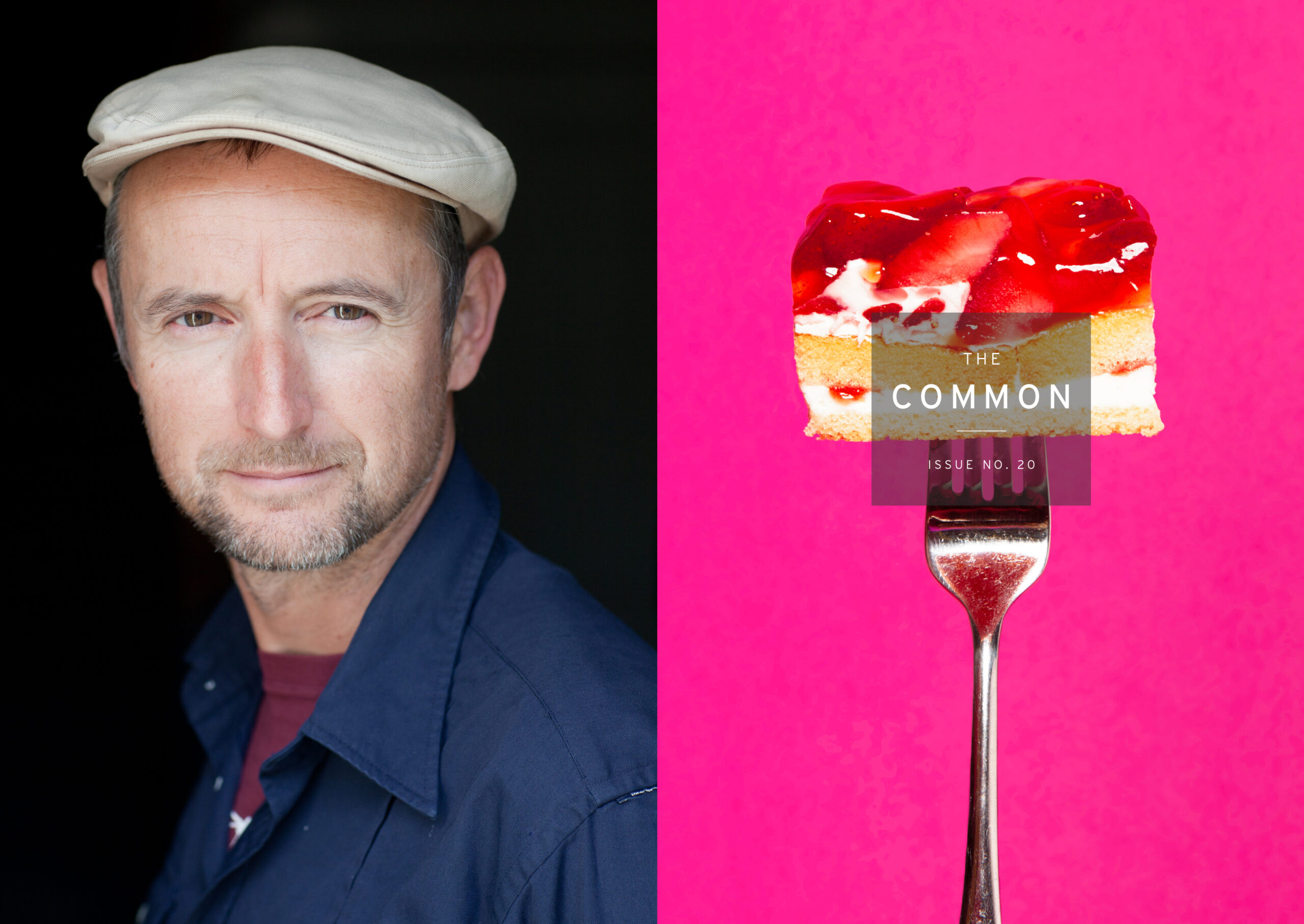

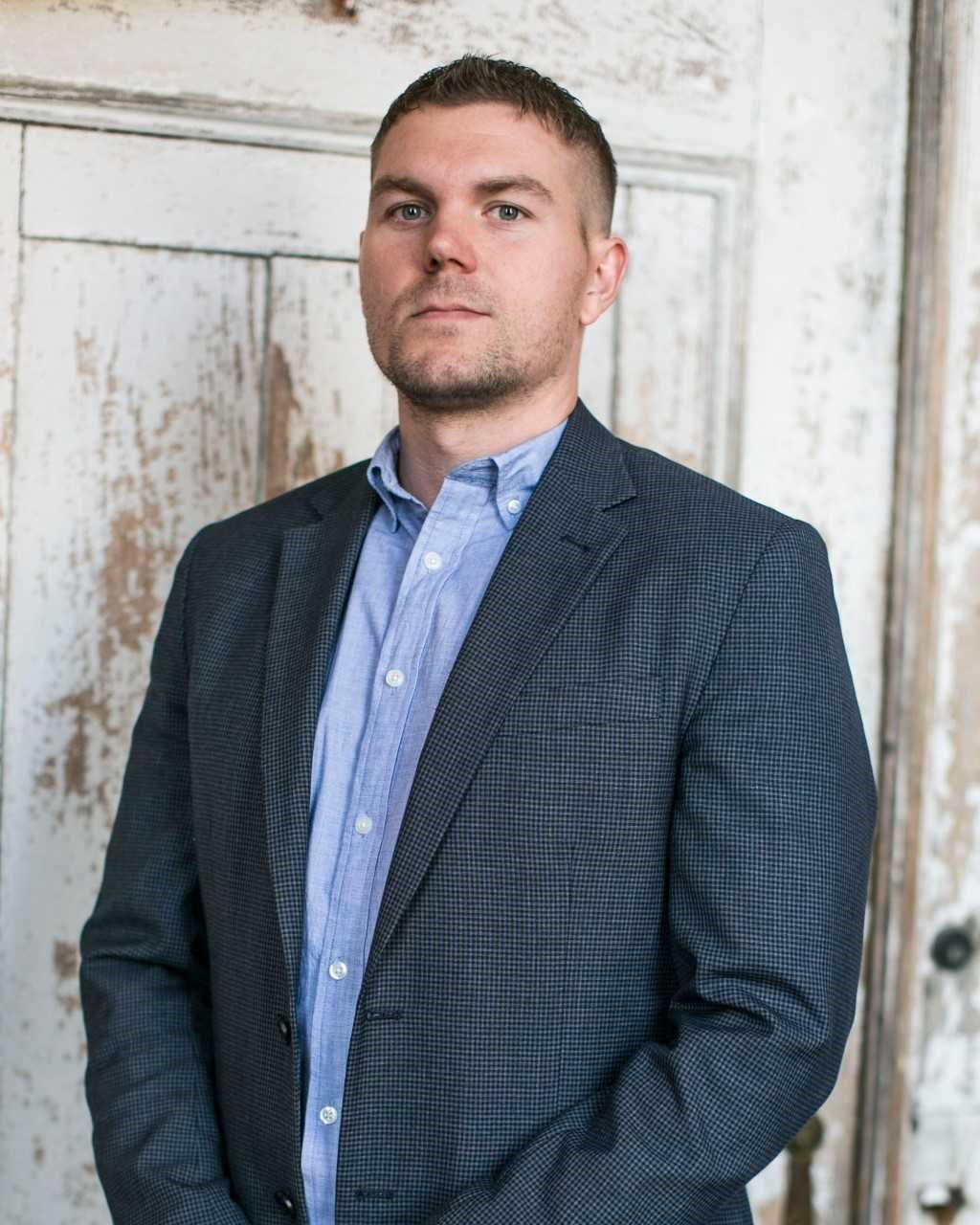
 This interview is the fifth in a new series, Writers on Writing, which focuses on craft and process. The series is part of The Common’s 10th anniversary celebration.
This interview is the fifth in a new series, Writers on Writing, which focuses on craft and process. The series is part of The Common’s 10th anniversary celebration.




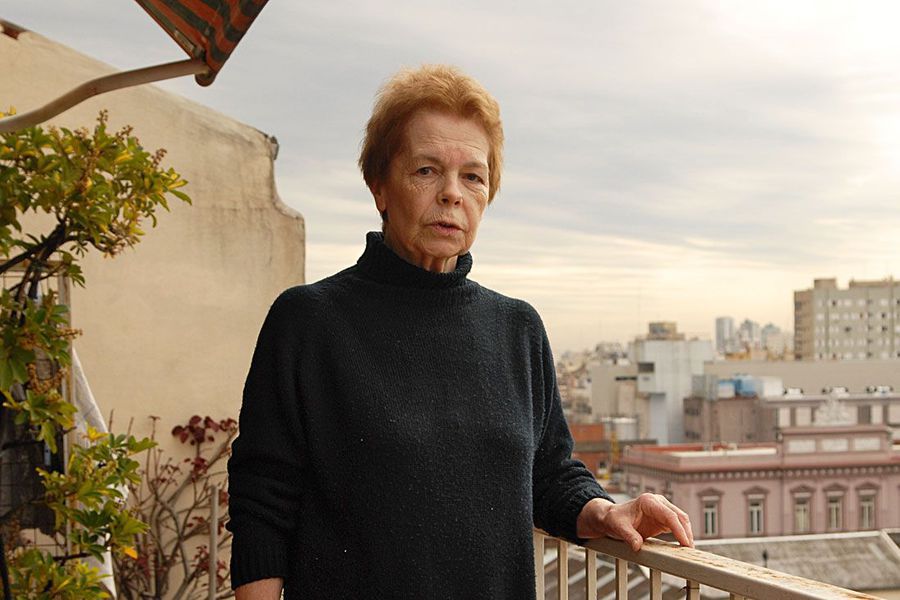
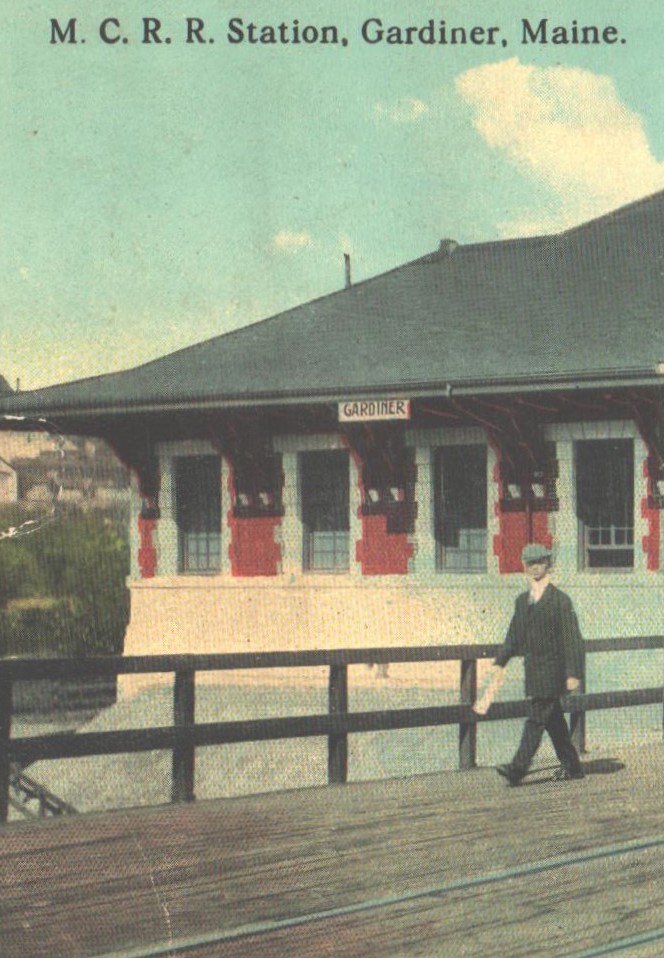
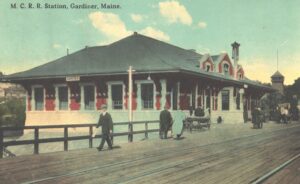 Gardiner, Maine
Gardiner, Maine